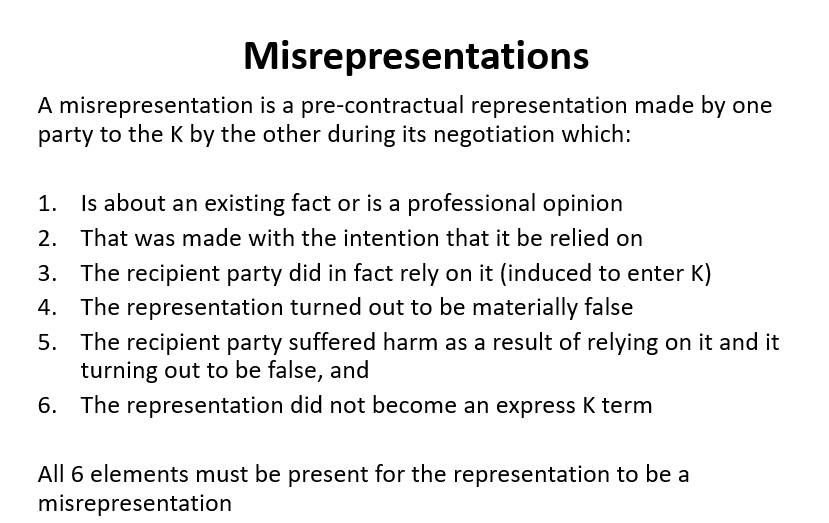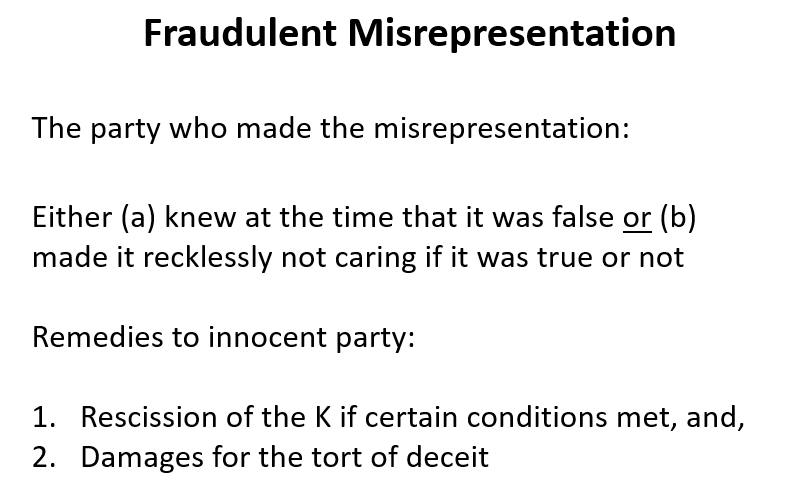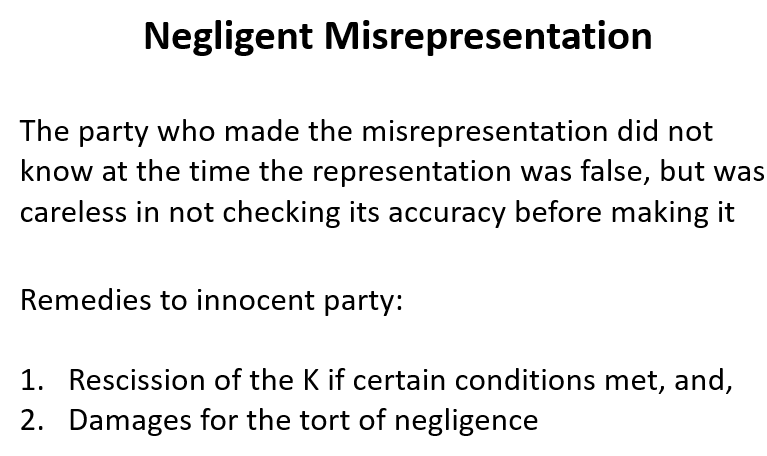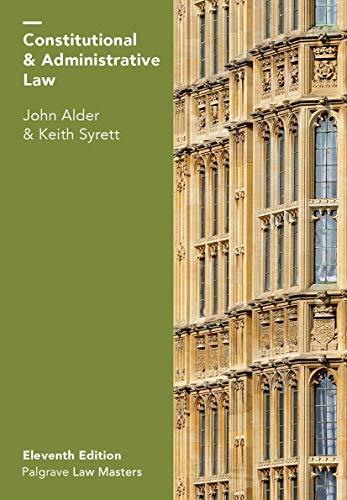Question
Please help me with this question (FOR BUSINESS LAW) CASE STUDY: Jim was the CEO of a large sporting goods franchising corporation called Sporting Life




Please help me with this question (FOR BUSINESS LAW)
CASE STUDY:
Jim was the CEO of a large sporting goods franchising corporation called Sporting Life Limited ("Sporting Life") and lived in Vancouver, British Columbia. The board of directors of Sporting Life decided that the corporation needed a fishing yacht to entertain business associates on when they came to the head office in Vancouver, so they tasked Jim with finding and purchasing a yacht on behalf of Sporting Life.
Jim found just the yacht parked at a peer in Victoria, British Columbia. The ship was owned by Kevin and was called the "Truth." On the yacht was a sign that read, "For sale, as is, $750,000 or best offer."Also, included on the sign was a mailing address. On September 10th, Jim wrote a letter from his office in Vancouver and sent it to Kevin who lived in Oakville, Ontario. In the letter, he said he would purchase the yacht for $550,000. Kevin received the letter on September 15th and sent Jim a fax offering to sell the yacht for $600,000.
Jim did not respond to the fax immediately, but on a business trip to Toronto on September 22nd, he had a discussion with Kevin about the yacht and tried to get Kevin to reduce his price. Kevin replied that the price was "firm" at $600,000. Jim told Kevin he was going to need some time to discuss the matter with the board of directors of Sporting Life and asked Kevin to hold off selling the ship. Kevin said, "no problem, I'll give you until September 30thsince no one else at the moment has expressed any interest in buying the yacht."
When Jim returned to Vancouver, he sent a letter to Kevin agreeing to pay $600,000 for title to the yacht. The letter was posted at 11:40 a.m. on September 24th but was not delivered to Kevin in Oakville until 4:20 p.m. on September 30th.
In the meantime, when Kevin had not heard from Jim by September 26th, he offered to sell the yacht to Mark, who had expressed an interest to Kevin in purchasing the yacht at a meeting on September 5th. Mark accepted the offer, and the two parties executed a written contract in Mark's office on the morning of September 27th.
When Kevin received Jim's letter on September 30th, he immediately telephoned Jim and told Jim, "Sorry buddy, but your too late, I just sold the yacht to another party." Jim was furious with Kevin for selling the yacht before the end of September 30th.
QUESTION:
1. Based on what Kevin said to Jim in their September 22nd meeting, could Jim sue Kevin for misrepresentation? Why or why not? What type of misrepresentation would he be attempting to sue for? (Provide a complete legal explanation for your answer)
NOTES:
** IF YOU SAY YES JIM CAN SUE, PLEASE ALSO STATE IF ALL 6 ELEMENTS ARE USED **




Step by Step Solution
There are 3 Steps involved in it
Step: 1

Get Instant Access to Expert-Tailored Solutions
See step-by-step solutions with expert insights and AI powered tools for academic success
Step: 2

Step: 3

Ace Your Homework with AI
Get the answers you need in no time with our AI-driven, step-by-step assistance
Get Started


